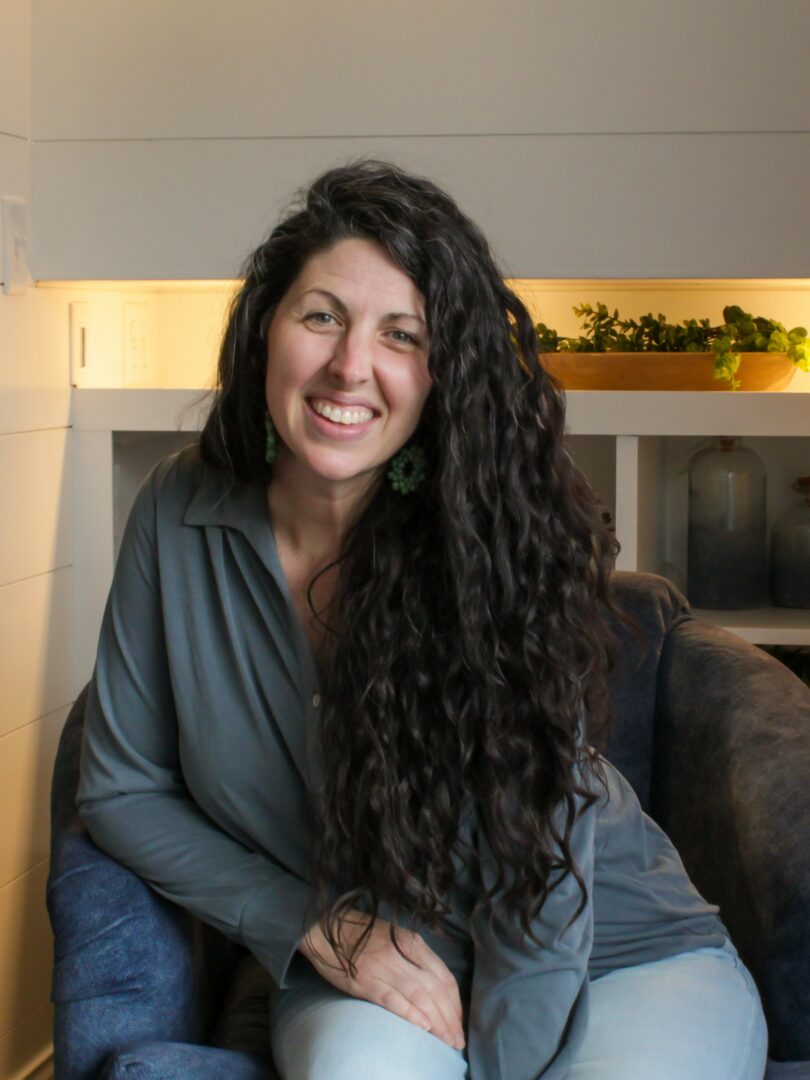We recently connected with Crystal Persons and have shared our conversation below.
Hi Crystal, really happy you were able to join us today and we’re looking forward to sharing your story and insights with our readers. Let’s start with the heart of it all – purpose. How did you find your purpose?
I didn’t discover my purpose in a straight line. It came through ashes—through a journey marked by wounds I never asked for, and pain I didn’t cause.
As a young teenager, I was groomed for trafficking. What should have been a season of innocence became a battle for survival. That experience tried to brand me with shame, powerlessness, and confusion. But even in the darkest moments, God never left me. His presence pursued me, even before I fully knew Him.
For a long time, I believed my story disqualified me. But I’ve come to understand that our greatest places of wounding often become the soil where purpose takes root.
In my book Cultivating Redemption, I write:
“Redemption doesn’t ignore the broken parts of your life—it enters them. And as God restores what has been lost or stolen, He also begins to call out what He’s placed within you from the beginning.”
I didn’t find purpose by trying to prove I was okay—I found it by letting God into the parts of my story I tried to forget. I found it in the safety of His love, in the truth of His Word, and in the slow, beautiful work of healing.
“Even as He chose us in Him before the foundation of the world…”
— Ephesians 1:4, ESV
This verse became more than a memory verse—it became my foundation. God chose me, even when others tried to use and discard me. He gave me identity, not based on what was done to me, but based on His eternal love for me. The shame that tried to silence me became the very place God began to speak life.
My purpose began to rise as I walked with Jesus through the ruins. He didn’t just put the pieces back together—He gave me a new capacity to carry healing for others, too.
One line I often return to is:
“Wholeness isn’t the absence of pain—it’s the presence of God in every part of your life. And from that place, purpose flows naturally.”
I didn’t chase purpose. I followed the Healer—and purpose found me.
Healing with Jesus didn’t just change my life—it changed my assignment.
I learned that God never wastes a wound. The very areas where the enemy tried to destroy me are now where I carry the deepest authority to walk with others toward freedom.
Today, I help women cultivate healing in their own stories—especially those who, like me, have felt disoriented by trauma or buried by shame. In Cultivating Redemption, I guide readers through the process I walked with Jesus:
*Developing awareness of the hidden wounds and patterns that keep us stuck
*Establishing safety—not just externally, but internally in God’s presence
*Examining fear and how it either works for or against them
*Processing who God actually is, especially through the lens of pain
*Embracing new depths of identity as God restores what’s broken
*Redeeming brokenness into purpose, for their good and His glory
The work I do now is deeply connected to that calling. Whether I’m coaching someone, leading a group, speaking, or writing—I’m walking with others through the same kind of transformational process that changed my life. And as I do, I see God’s heart again and again: to heal, to restore, and to raise His sons and daughters into lives of wholeness and calling.
“In Him we have obtained an inheritance… having been predestined according to the purpose of Him who works all things according to the counsel of His will.”
— Ephesians 1:11, ESV
My life is no longer defined by what was done to me, but by the inheritance I’ve received in Christ. That inheritance includes healing, identity, purpose, and the power to walk in partnership with God.
And here’s the beautiful part: when we heal with Jesus, we don’t just get restoration—we gain new capacity. What we choose to fill that capacity with matters. I’ve chosen to fill it with truth, love, and the mission to help others walk whole.
This is redemption at work. This is purpose unfolding. And this is why I’m here.
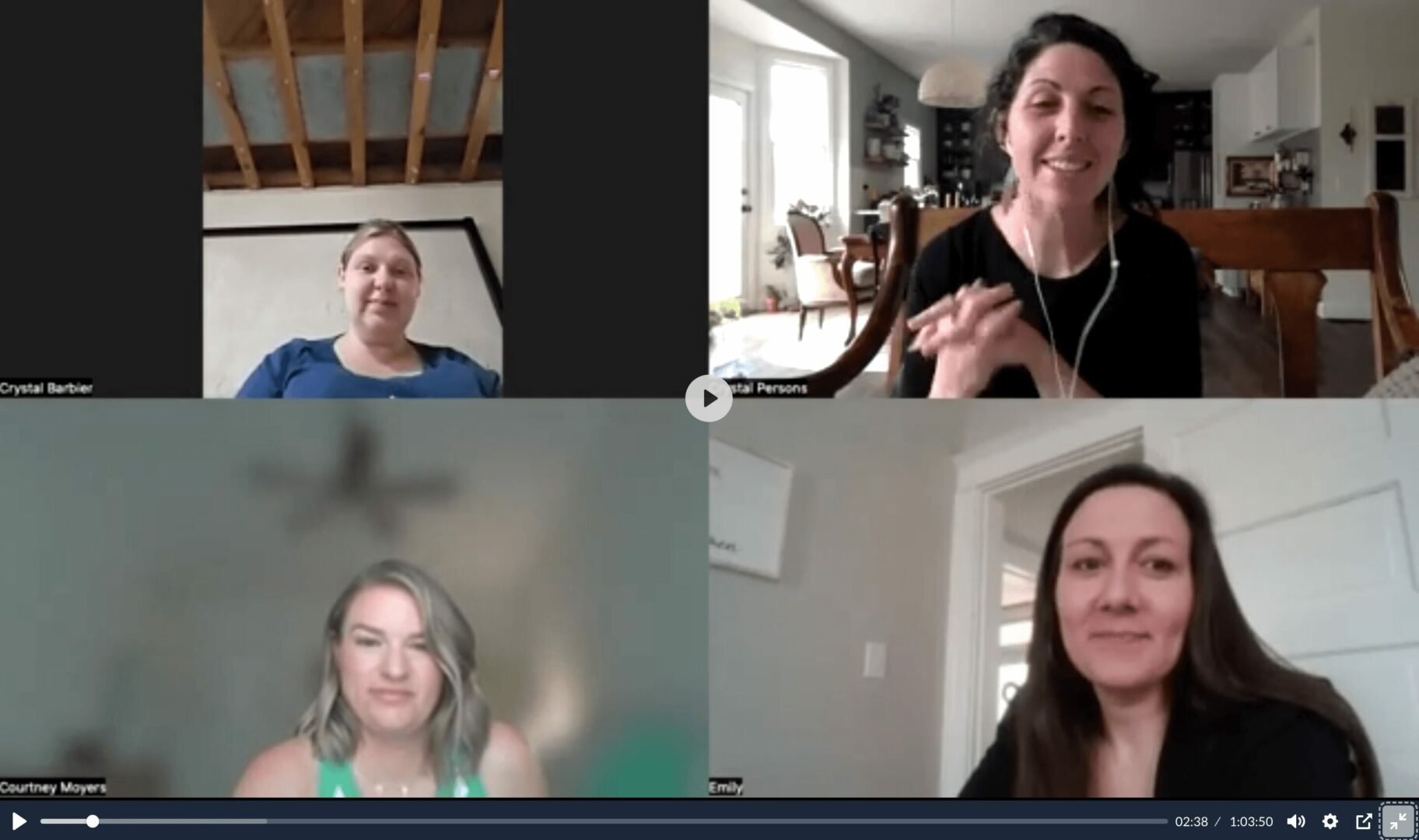
Great, so let’s take a few minutes and cover your story. What should folks know about you and what you do?
What I do now flows straight from what God has done in me. I walk with women—many of whom carry deep pain, trauma, or stories they’ve been told to hide—as they journey with Jesus toward healing, identity, and restoration.
Through my book Cultivating Redemption, one-on-one discipleship, and my workshop, I help women recognize where pain, fear, or lies have shaped their stories; cultivate safe space to encounter the presence of God; partner with Jesus to uncover truth and release shame; restore their sense of identity as beloved daughters; redeem their stories into lives of purpose, wholeness, and peace.
This is sacred work. And it’s never about fixing someone—it’s about walking with them as God restores what was stolen. Wholeness is possible. Safety is possible. Redemption is possible—and I’ve seen it again and again in the lives of women who dare to believe that God is still a Healer.
I also serve alongside my husband in our local church, where we lead small groups and support discipleship-focused ministry. We are passionate about creating safe environments where people can encounter Jesus, grow in spiritual maturity, and live in healthy, godly community. Together, we believe the Church should be a place of healing, restoration, and activation—where people become whole and walk in purpose.
The most meaningful part of our ministry is watching people come alive again. Not just spiritually, but emotionally. You can see it in their eyes when they realize, “I’m not too far gone. I’m not too broken. I’m deeply loved.”
This isn’t just healing work—it’s a holy invitation back into who they were created to be.
What’s new:
I’m currently expanding my one-on-one offerings and building digital resources to support women through the Cultivating Redemption healing journey in a transformative, Spirit-led way. One of the newest resources I’m most excited about is the 6-week Cultivating Redemption and Healing D.E.E.P.E.R. Workshop—a guided group coaching space designed to help women process pain, renew identity, and encounter Jesus in the most broken places of their stories.
This workshop creates space for women to:
*Develop awareness of what’s holding them enslaved
*Establish safety in God’s presence and together with His people
*Examine fear and the impact of past wounds
*Process who God truly is, both through and beyond trauma’s lens
*Embrace new identity in Christ
*Redeem brokenness into strength & calling
It’s a transformational journey, and I’m honored to walk with women through it.
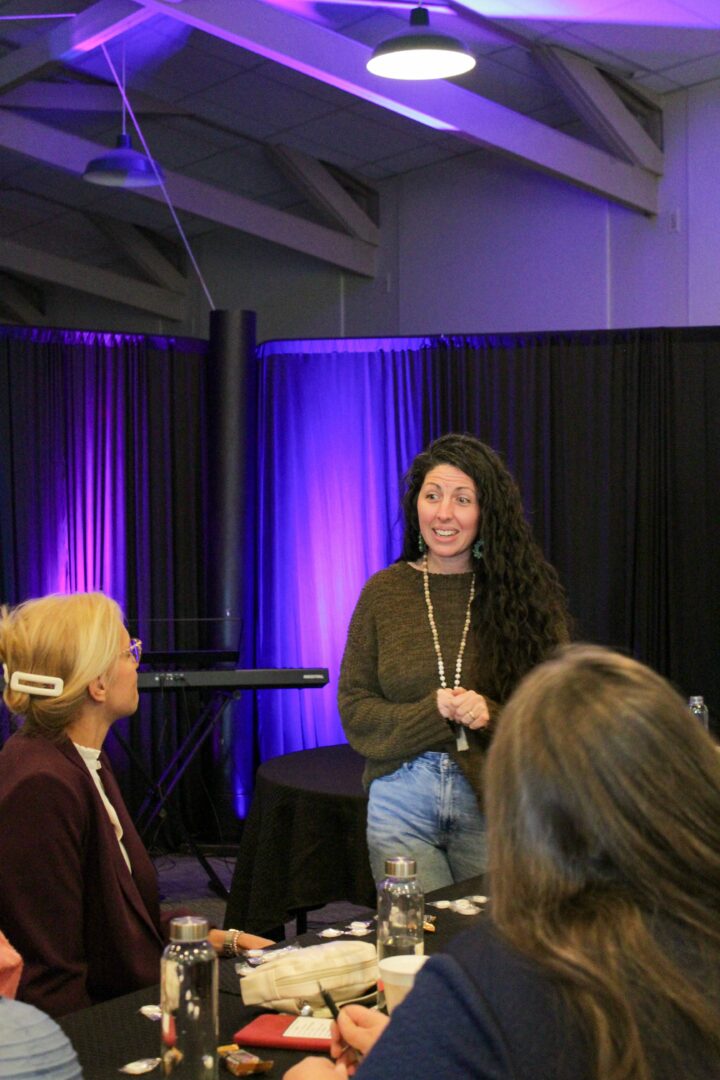
There is so much advice out there about all the different skills and qualities folks need to develop in order to succeed in today’s highly competitive environment and often it can feel overwhelming. So, if we had to break it down to just the three that matter most, which three skills or qualities would you focus on?
Looking back, the three most impactful qualities in my healing journey weren’t things I had to master—they were things God cultivated in me as I leaned into Him. These have been foundational not only to my healing, but also to how I now walk with others through theirs.
1. Humility to be honest with God and myself
Healing began when I stopped pretending I was okay. I had to admit the truth—not just to God, but to myself. That kind of humility isn’t weakness; it’s where strength begins. When I finally said, “God, I need You here,” He met me in the most tender and powerful ways.
Advice for others: Start where you are. You don’t have to have perfect words or understanding—just a willing heart. God responds to honesty, not performance.
2. Discernment to recognize the lies I had believed
So much of my pain was layered with shame and false beliefs about who I was and who God was. Learning to discern the difference between truth and trauma-based thinking was life-changing. God’s Word became a mirror—not to expose me, but to restore me.
Advice for others: Let Scripture shape your self-talk. When a thought feels heavy or condemning, pause and ask, “Does this sound like the voice of my Shepherd?” Truth sets you free—so pursue it.
3. Courage to let God into the deeper places
At some point, I realized healing wouldn’t come through numbing or fixing—I had to let God into the deep. It took courage to go back to painful memories or unmet needs, but every time I invited Jesus into those places, He brought peace, not shame.
Advice for others: Don’t be afraid to go deeper. God doesn’t enter our pain to condemn it—He enters to heal it. Invite Him in and trust that His presence is enough.
No matter where someone is on the journey, I believe this: God is not in a hurry, but He is intentional. Healing is not a destination—it’s a relationship. And every step we take with Jesus is a step toward wholeness.
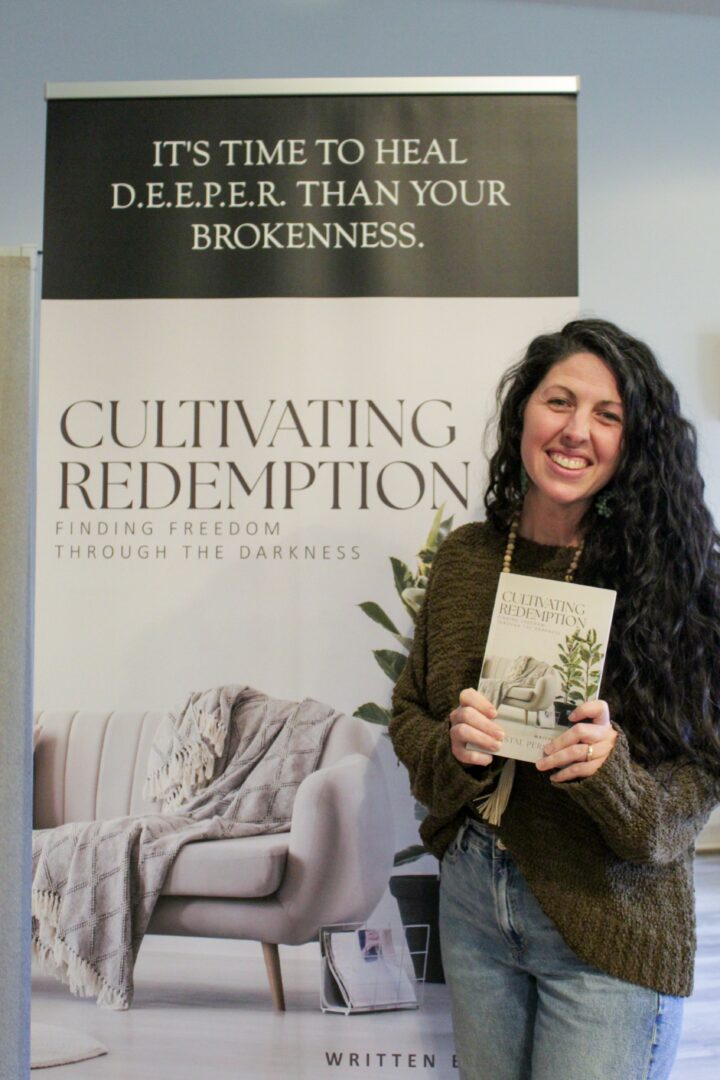
What would you advise – going all in on your strengths or investing on areas where you aren’t as strong to be more well-rounded?
That’s such a thoughtful question—and one I’ve wrestled with immensely in my own journey.
For a long time, I believed I had to work harder to fix what was wrong with me—to patch up my weaknesses, prove my worth, and earn the right to be heard. Especially after the trauma I experienced, I felt like I had to overcompensate. I believed the lie that healing meant becoming more “put together” or capable in all areas, especially in my role as a pastor’s wife.
But that striving wore me out. It disconnected me from grace. And eventually, Jesus met me in that place and whispered something that changed everything:
“You don’t have to be everything. You just have to be Mine.”
That was the moment surrender began.
What I’ve come to learn is that God doesn’t ask us to perfect ourselves—He invites us to partner with Him. He is not limited by our weakness, nor is He impressed by our strength. He’s after our dependence, not our performance.
So to answer the question: I think the most powerful thing we can do is surrender both our strengths and our weaknesses to God. Some strengths He’ll call us to lean into with boldness. Other times, He’ll invite us to develop areas we’ve long avoided—but always with Him, not for Him.
I’ve seen this in my own life:
My voice was once silenced by shame. Now it’s used to speak life and truth.
My empathy once felt like a burden. Now it’s become a healing gift.
My wounds once defined me. Now they have become places where God’s power rests.
In Cultivating Redemption, I say it like this:
“Healing isn’t about becoming someone else—it’s about becoming who you were always meant to be, with God’s presence filling every part.”
So if you’re reading this and you feel pressure to fix what’s “wrong” with you, I gently invite you to pause and ask:
What if your healing doesn’t start with effort—but with surrender?
What if you don’t have to choose between strengths or weaknesses, but simply offer all of you to the God who sees, knows, and redeems?
Let Him decide what to strengthen. Let Him decide what to restore. He is so faithful to finish what He starts.
That’s the journey I’m on. And if that’s the invitation you’re hearing too—you don’t have to walk it alone.
“And I am sure of this, that He who began a good work in you will bring it to completion at the day of Jesus Christ.”
— Philippians 1:6 (ESV)
You are not behind. You are not too much or not enough. You are being made whole—on purpose, with love, and in the care of the One who chose you from the beginning.
Contact Info:
- Website: https://crystalpersons.com/
- Instagram: https://www.instagram.com/thegraceinfused_life
- Other: https://www.tiktok.com/@thegraceinfusedlife
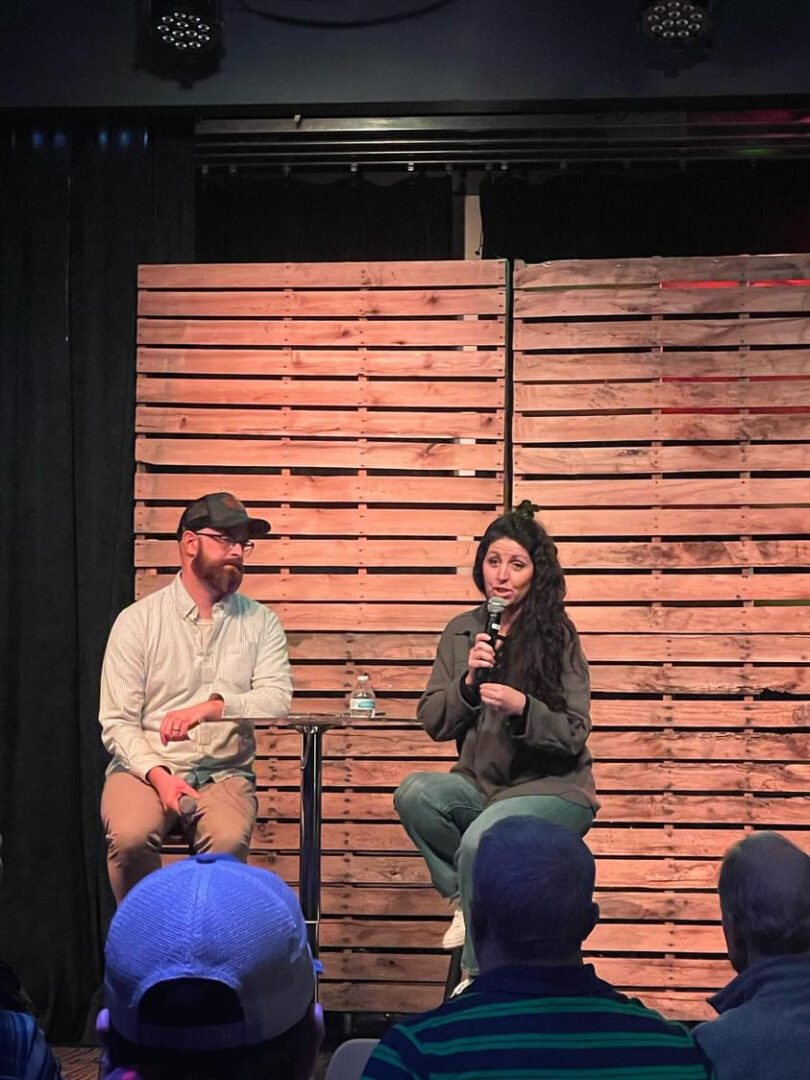
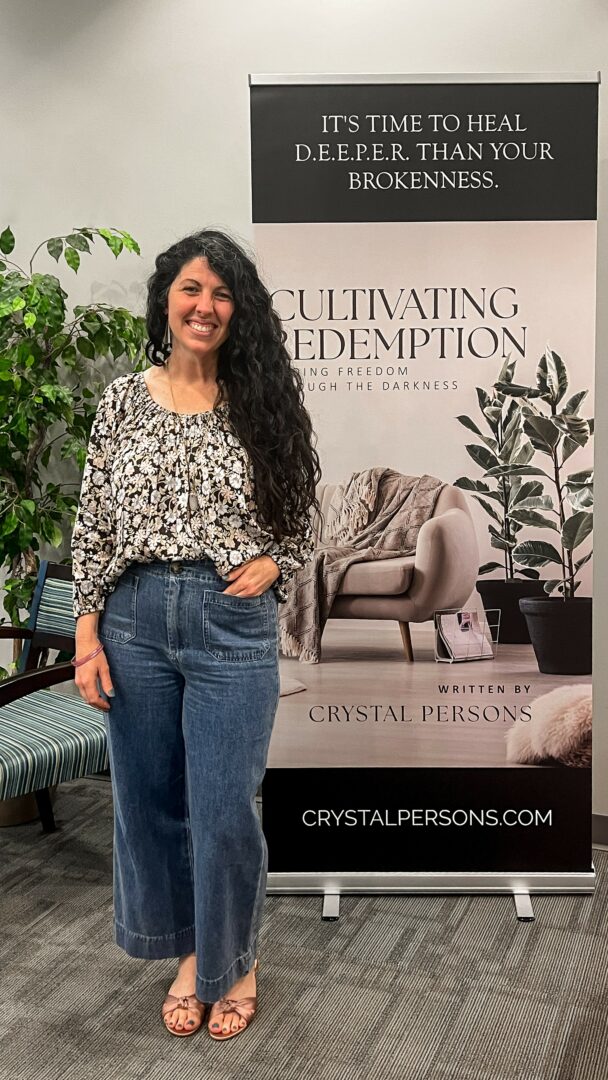
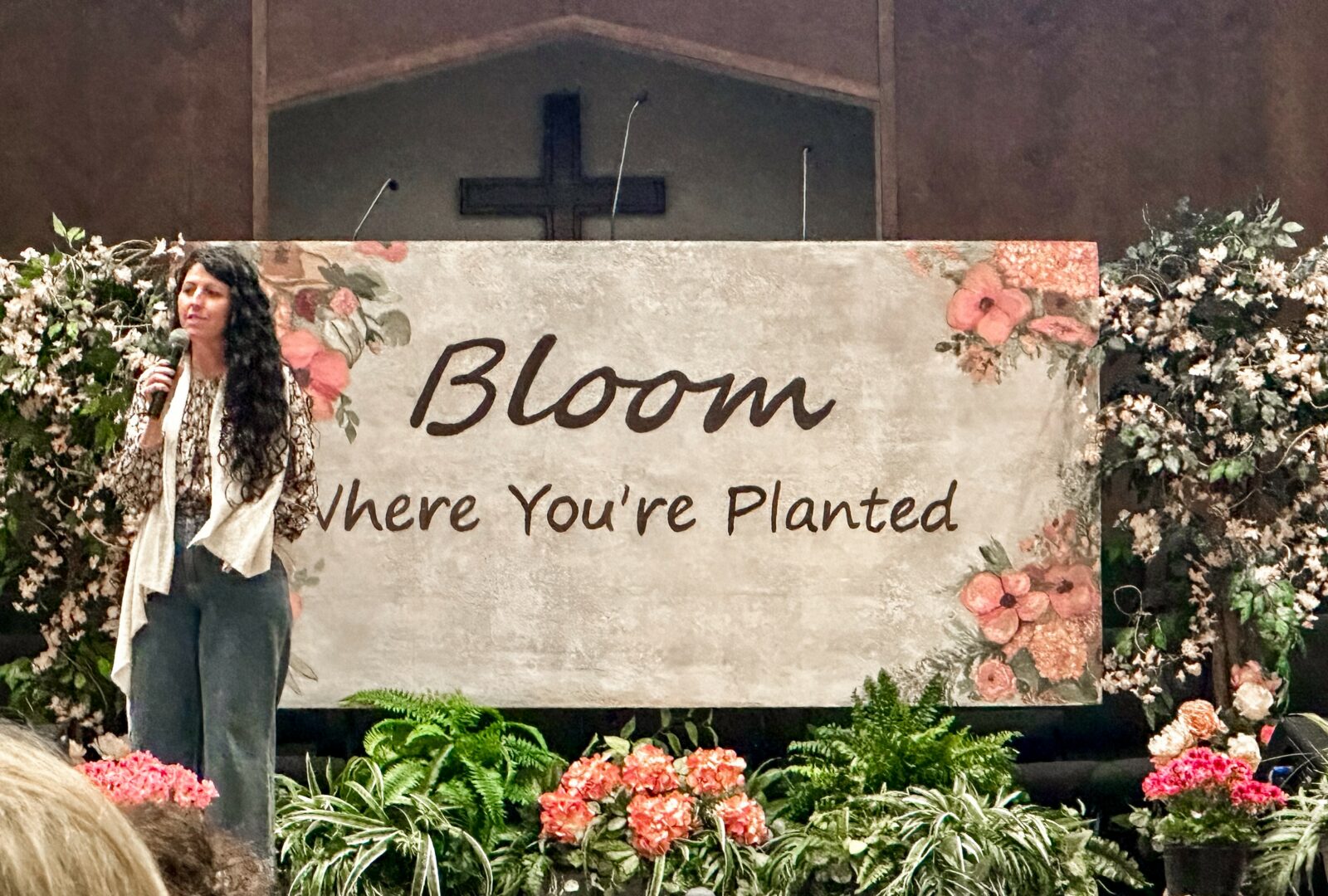
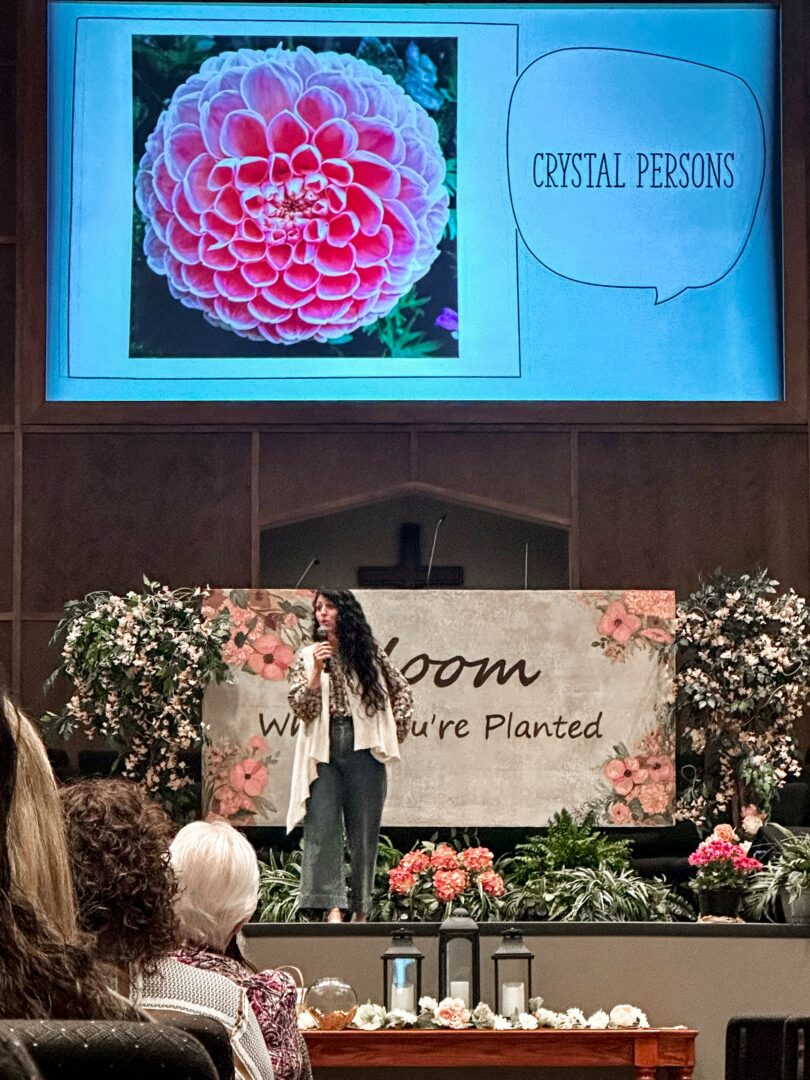
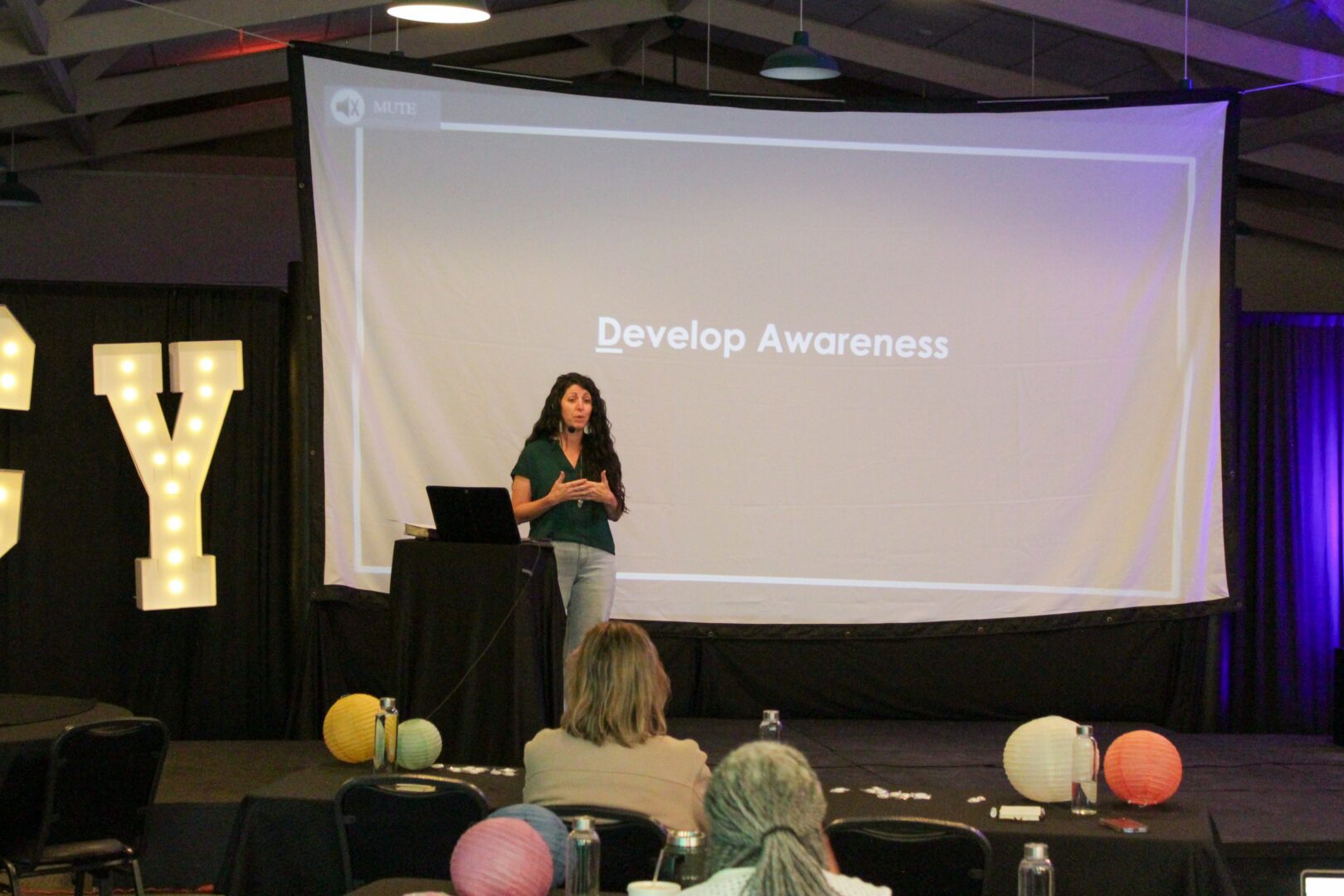
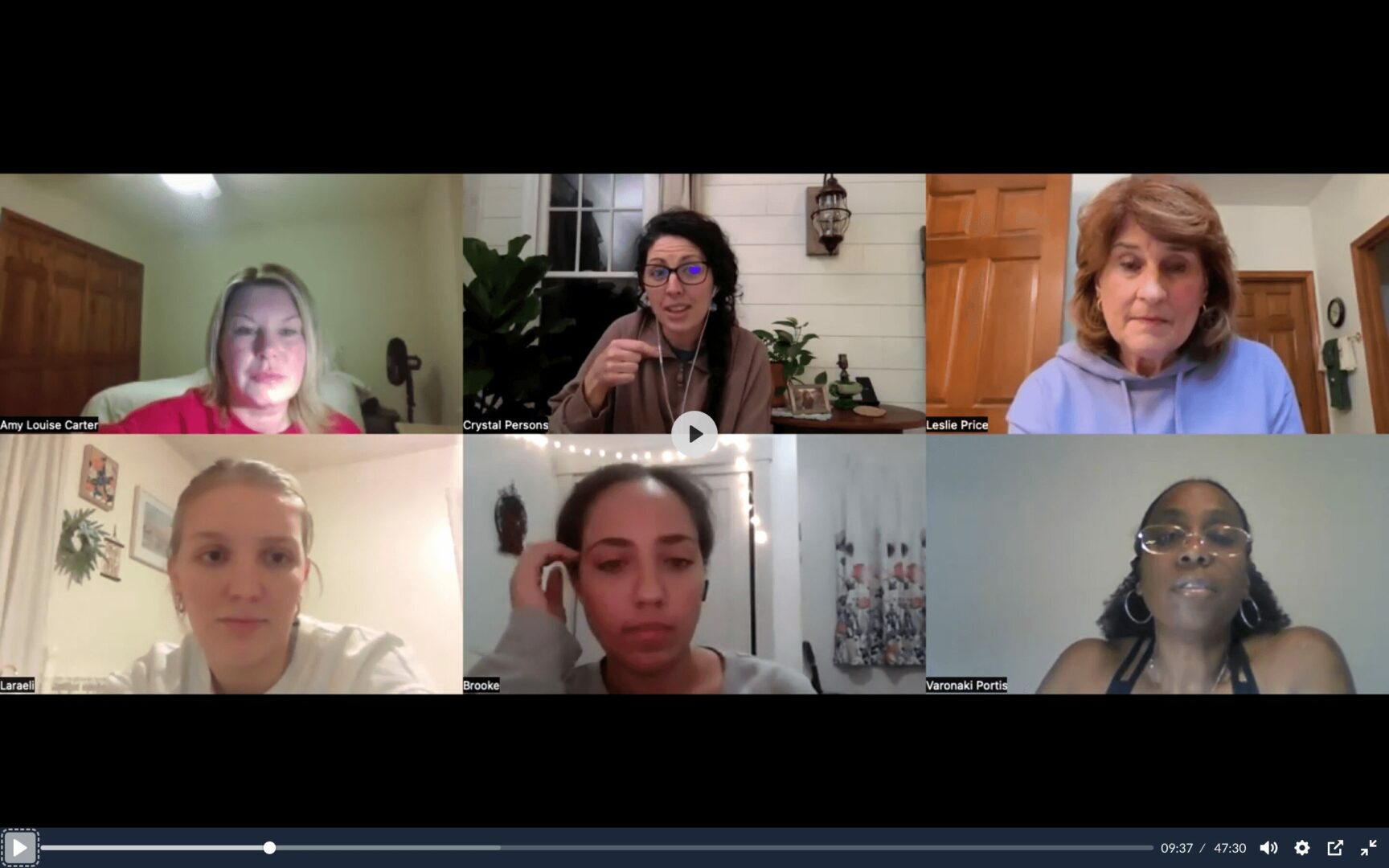
Image Credits
Raya Ransom
so if you or someone you know deserves recognition please let us know here.

